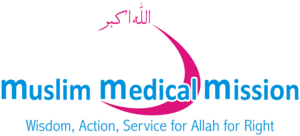Continuing Religious Education
Practicing evidence-based religion is the cornerstone of success in life for a Muslim healthcare professional (HCP). Over the past decade, considerable research has emerged that demonstrates the benefits of religious practice within society. The religious practice promotes the well-being of individuals, families, and the community. The religious practice benefits not only individuals but also communities. Religiously active men and women are often more sensitive to others, more likely to serve and give to those in need, and more likely to be productive members of their communities. Religious practice is linked to greater generosity in charitable giving. In extensive research documenting the relationship between Religion and philanthropy. The vast majority of the studies reviewed give evidence of numerous societal benefits of religious belief and practice. Unfortunately, this aspect is usually ignored even by most medical organizations amongst Muslims. MMM aims for HCPs to be successful both in this life and the hereafter as we care for them. So to achieve it we conduct regular continuing religious education (CRE) programs at various levels across the country.
Moreover, Behavior and mannerism is a very important parts of professional life. Ethics are always the basis for improving healthcare quality. Merely technological and scientific advancements can’t improve the quality of healthcare services. Religion is the strongest driving force for behavior modification and ethical practices as it gives us the strongest sense of accountability. Religiousness is also significantly associated with psychological well-being. Indeed, the range of health-related, behavioral, and social outcomes with which religiousness is associated is both provocative and enlightening. Hence continued religious education (CRE) is in fact essential for professional development. All our educational activities are a beautiful blend of recent advances and religious inspirations. A brief review of our activities for continued religious education is:
We have developed Islamic Libraries in our regional offices and in many medical institutions to provide authentic literature base for healthcare professionals.
At district level we conduct regular lectures and classes for Tafheem-e-Deen focusing various aspects of a Muslim’s life especially his role towards Muslim Ummah.
In medical institutions Tarjuma-tul-Quran classes are organized in order to make realize HCPs what Allah, the Almighty, demands from them?
In the month of Ramadan special sessions and Iftar Dinners are conducted to remind HCPs of their responsibilities in this holy month.
Islamic literature is the basic tool of Dawah. MMM also publishes and distributes books, pamphlets and broachers to spread the word of Allah Almighty.
MMM is striving to produce a dedicated team of HCPs who practice Dawah with acumen and communication that is convincing and effective, both professionally and culturally
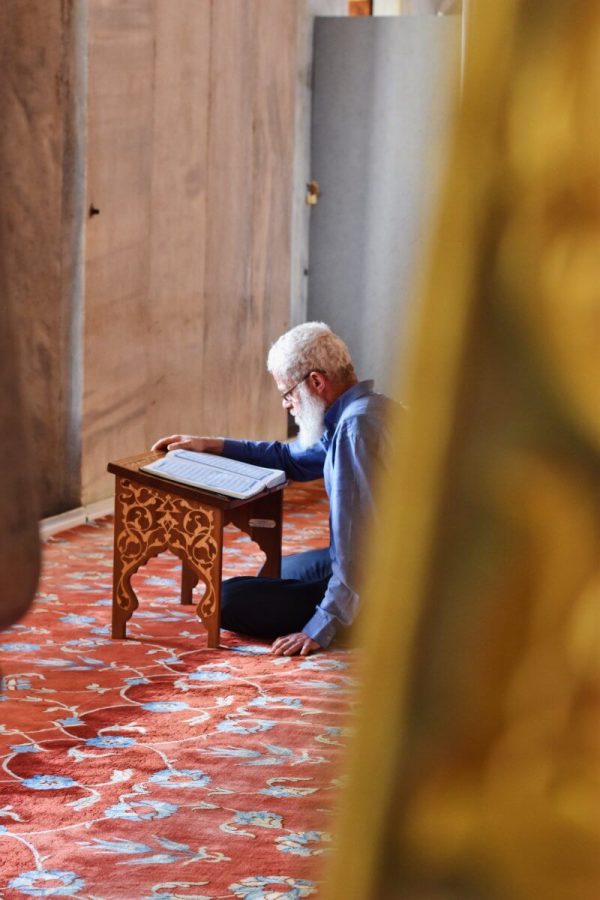
Continuing Professional Development
In order to practice appropriately throughout their professional life, doctors must remain up-to-date, which entails engaging in some form of CPD (Continuing Professional Development). To deliver the highest quality of patient care, continuing professional development (CPD) is essential. The content of CPD must be directed towards enhancing roles and competencies (both clinical skills and theoretical knowledge), organization of work (team building and leadership), communication, medical ethics, teaching, research, and administration.
Continuing Professional Development (CPD) designates the period of education and training of doctors commencing after completion of basic medical education and postgraduate training, thereafter extending throughout each doctor’s professional working life. However, CPD is a much more far-reaching activity throughout the continuum of medical education. The former term Continuing Medical Education (CME) has been replaced by Continuing Professional Development (CPD). The new term reflects both the wider context in which this phase of medical education takes place, and signifies that the responsibility to conduct CPD rests with the profession and the individual doctor. Law and jurisdiction rarely regulate CPD. Where regulations do exist, these are flexible, even in countries demanding re-licensure or reregistration of doctors in practice.
The organization of CPD varies hugely from country to country. A basic assumption is that the profession itself bears a major responsibility for CPD, with medical associations and other professional organizations functioning as major initiators, providers, and promoters of CPD in many countries. It encompasses medical updates, workshops, seminars, panel discussions, symposia, Skills training, Group work, and research articles.
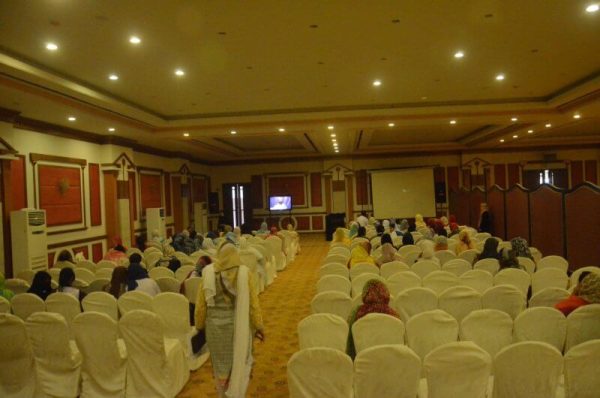
Keeping in view its immense importance and global trends, Muslim Medical Mission started conducting educational sessions for doctors and other health care professionals in 2005 i.e., long before the PM&DC CME credit program. In past, thousands of healthcare professionals (HCPs) benefited from such activities across the country.
In addition to various seminars, symposia, and workshops, MMM has conducted 10 Annual National Medical Conferences of two days duration with attendance of approximately 500 Professionals per conference. Each conference was on a different theme consisting of thematic sessions, clinical symposia, interactive sessions, workshops, and scientific papers. During various scientific sessions, the experts from across the country shared their experiences and expertise with healthcare professionals to suffice their felt needs
Free Medical Services
Free medical services are the essence of our performance. We provide them in various ways.
Free medical camps are held in various cities and towns according to a preset schedule. Local population is also involved for logistic support. A special focus is put on underdeveloped districts and rural areas. In addition to Punjab we have successfully organized free medical camps in Azad Jammu and Kashmir, Karachi, tharparkar, interior Sindh, Balochistan and Gilgit Baltistan.
Emergency medical camps are held in areas affected by natural calamities e.g. floods and earthquakes. These camps also take care of the outbreaks of communicable diseases in these areas caused by extremes of weather, poor sanitation, improper diet and pollution.
We also run awareness campaigns regarding epidemics such as Dengue Fever.
Most of the people of rural areas belong to poor socioeconomic class. Neither they have any proper surgical facility in their vicinity nor are they able to afford its expenses. To meet their needs MMM tries its level best to outreach those far-flung areas and arrange for them free surgical camps in which carefully chosen needy patients are operated.
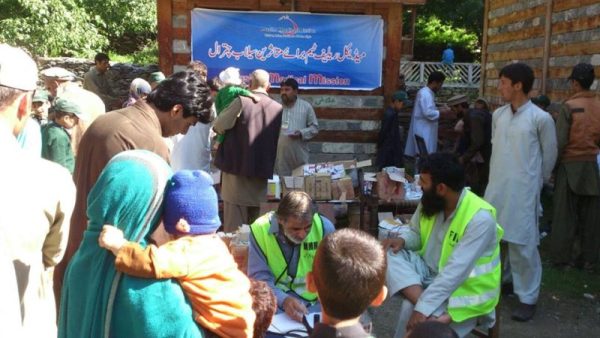
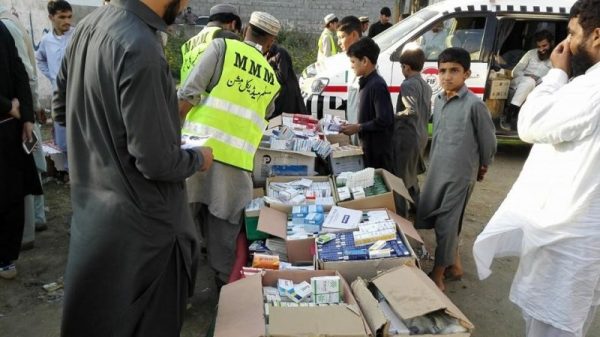
Health Education Campaign
Educating the community regarding the principles of healthcare is the need of the day. Keeping in mind the poor literacy rate, the awareness regarding healthcare issues is also not up to the mark. MMM is trying to play its role in promoting a healthy lifestyle with stress on prevention and early diagnosis of diseases. Seminars and discussions are held for this purpose.
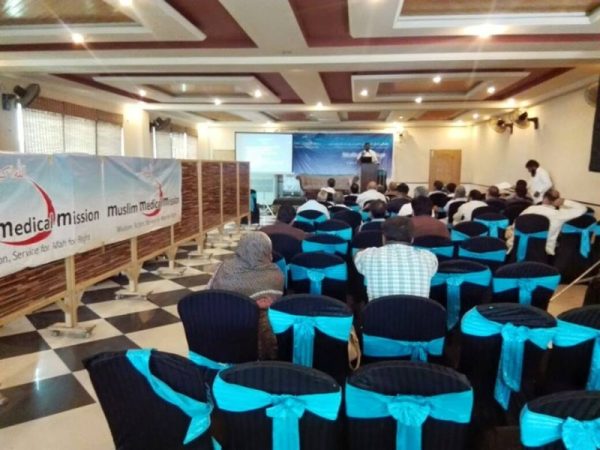
Medical Aid in Jails
Prisoners locked inside jails are also a part of our society. Sooner or later most of them become part of the community, but the impact they had upon them inside the jail is important. They are usually neglected and rejected due to their crimes but we usually forget that it is the crime that has to be hated, not essentially the person. Progressive deterioration of health takes place in these prisoners due to underserved human rights as well as mental and physical trauma inflicted upon them day and night inside jails. They usually have to face a paucity of clean drinking water, poor sanitary conditions, inadequate medical staff, and a lack of medical and surgical facilities. A person imprisoned in jail for a year or so usually has developed psychiatric illnesses and many physical diseases lurking upon him. Common medical problems include dermatological diseases such as scabies, ophthalmological problems such as conjunctivitis, and infectious diseases. A big bulk of them also suffers from many surgical problems.
MMM has been working in jail for years trying to suffice the medical needs as well as giving Dawah to the prisoners so that they become a peaceful and productive part of society when they are released. We organize
Free medical camps in which prisoners are prescribed for their medical problems and provided with suitable medicines.
Free surgical camps in which carefully chosen patients are operated for their major and minor surgical problems free of cost. These include both general surgical camps and eye-surgical camps in line with our ‘Save Vision Program’.
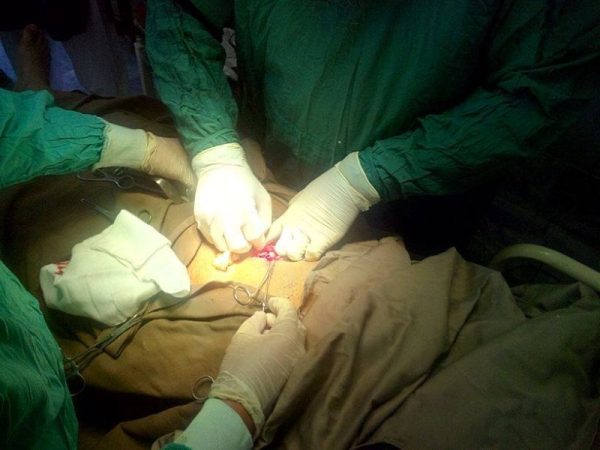
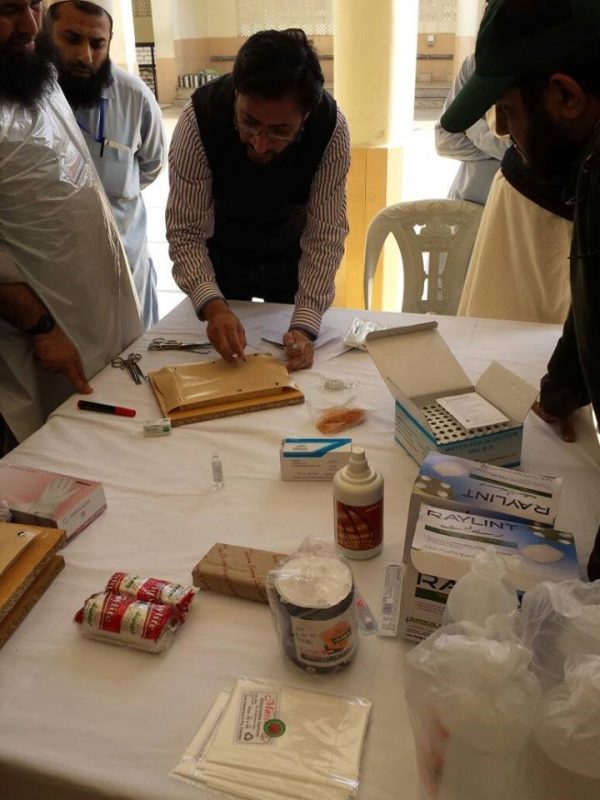
Save Vision
Eyes are a gift from the Almighty and we must take care of them. Due to prevailing poverty and lack of medical infrastructure a huge proportion of ophthalmological patients is yet untreated. MMM saw this situation as a challenge and started providing the patients with eye care facilities at their doorstep. The project was named ‘Save Vision Program’. In this project free eye surgical camps are organized in underserved areas. Patients are examined using the latest ophthalmological equipment. Those with medically treatable problems are provided with medicines and those who need surgery are evaluated for their fitness. Patients are then operated on as per guidelines and many are implanted with lenses. By the grace of the almighty many have been bestowed with vision and for the first time, they saw their relatives and even themselves.
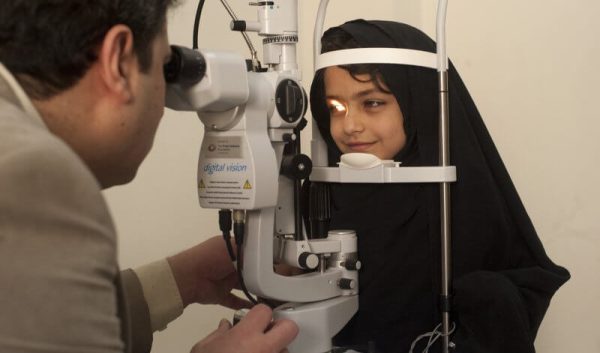
Training Programs
Basic Resuscitation Protocols
Basic life Support is a basic technique for saving lives during emergency situations. At a very basic level, BRP involves securing the proper circulation, airways, and breathing of the patient to keep them alive until an ambulance or other medical professional can arrive on the scene. In many countries, a large number of the population is BRP trained.
This type of medical training is essential for medical professionals and is usually required for those with jobs as teachers, daycare providers, social workers, and security guards. However, with nearly 50% of heart attack deaths occurring outside of a hospital every year, it is up to a bystander to know when it’s appropriate to perform BRP, thus making it extremely important that they have knowledge of what skills are needed to be performed.
Basic Resuscitation Protocols (BRP) is a level of medical care used in emergency, life-threatening situations until the victim can be cared for professionally by a team of paramedics or at a hospital. It can help people who are choking , drowning or suffering from cardiac arrest, and it can make the difference between life and death for some people.
Unfortunately the situation is altogether different in our part of the world. Even our healthcare providers are not trained in basic resuscitation procedures. Keeping in view the situation Muslim medical mission is providing
BRP training to healthcare professionals, as well as different segments of society who are somehow related to key areas of responsibility. Alhamdulillah, we have trained thousands of our healthcare providers up till now.
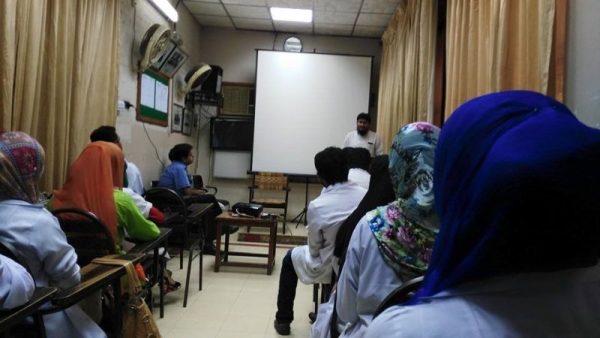
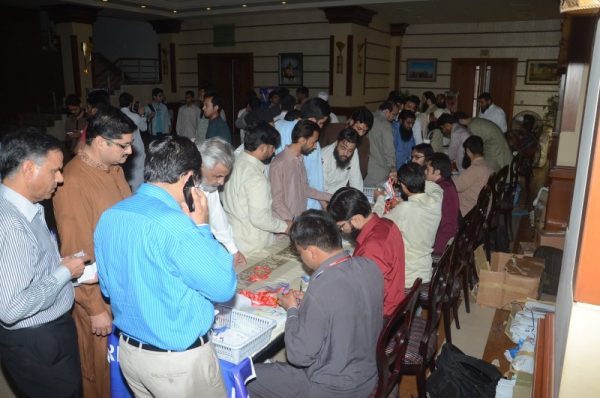
Short Course on Trauma
Training of healthcare providers in trauma care is very essential in countries like us. For a trauma system to have the maximal survival benefit, severely injured patients must survive long enough to reach trauma center care. This objective is challenging, particularly in more rural environments where discovery and transport times might be prolonged. In this context, a component of care delivered in either lower-level or no designated centers is critical.
In our setting, even trauma training is missing at secondary and tertiary level hospitals. After identifying this gap we designed our need-based Short Course on Trauma (SCOT). It focuses on essential steps of training for helping people afflicted by trauma. We have also made a program for strengthening the role of paramedics in better management of trauma patients before and after the presentation in the trauma care centers.
